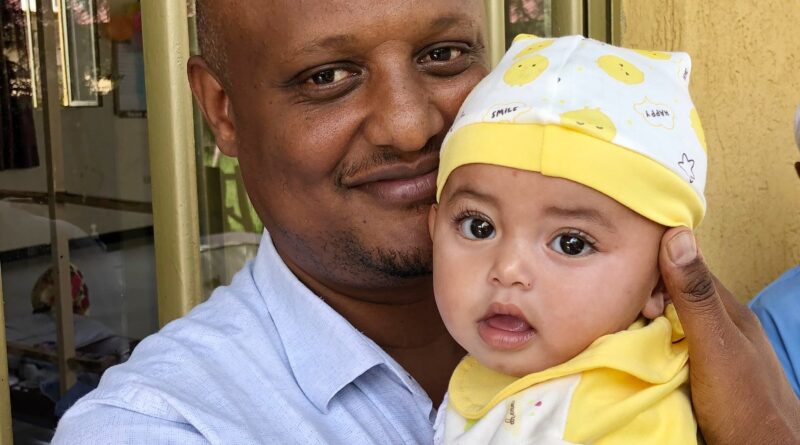Adoption in Ethiopia: A Comprehensive Guide to Opportunities
Introduction
Adoption in Ethiopia has been a life-changing process for many children and families, both within the country and internationally. Over the years, Ethiopia has gained recognition as one of the leading countries for international adoption. However, with evolving laws and regulations, the process has undergone significant changes. This article explores the current landscape of adoption in Ethiopia, including its legal framework, requirements, challenges, and opportunities for both Ethiopian and foreign adoptive families.
The History of Adoption in Ethiopia
Ethiopia has a long history of adoption, driven by factors such as poverty, orphanhood, and humanitarian efforts. In the early 2000s, international adoptions surged as foreign families sought to provide homes for Ethiopian children in need. However, concerns about ethical adoption practices led to policy changes in 2018, which restricted international adoptions in favor of domestic solutions.
Legal Framework for Adoption in Ethiopia
Ethiopian adoption laws are governed by the Revised Family Code of 2000 and various government regulations. Some key legal aspects include:
Domestic Adoption – Encouraged for Ethiopian families to provide local solutions for orphaned children.
International Adoption Ban (2018) – Ethiopia banned foreign adoptions to prevent child trafficking and ensure children’s welfare within their homeland.
Foster Care & Guardianship – Alternative care options such as foster care and guardianship are promoted.
The Ethiopian government prioritizes child protection and welfare, ensuring that every adoption case follows strict ethical guidelines.
Who Can Adopt in Ethiopia?
Domestic Adoption Requirements
Ethiopian citizens who wish to adopt must meet the following criteria:
- Be at least 25 years old
- Demonstrate financial stability
- Have no criminal record
- Undergo a home study assessment
International Adoption (Before 2018 Ban)
Before the international adoption ban, foreign families had to:
- Be married for at least 5 years
- Be between 25-50 years old
- Complete an adoption dossier
- Obtain approval from Ethiopian and home-country authorities
Since the ban, foreign adoptive families must explore alternative legal routes, such as Ethiopian descent claims or special court permissions.
Challenges in Ethiopian Adoption
Adopting a child in Ethiopia presents several challenges, including:
Legal Restrictions – The international adoption ban limits foreign options.
Lengthy Process – Domestic adoptions involve rigorous screening and legal steps.
Orphanage Conditions – Some facilities face resource shortages, affecting child care quality.
Cultural Sensitivity – Adoption is sometimes seen as a last resort in Ethiopian society.
Addressing these challenges requires continued government reforms, community awareness, and stronger domestic adoption support systems.
Opportunities and Alternatives for Adoption in Ethiopia
Despite challenges, several opportunities exist to support Ethiopian children in need:
Domestic Adoption Programs – Ethiopian families are encouraged to adopt within their communities.
Foster Care Development – Temporary care solutions provide children with stability.
Child Sponsorship Programs – Organizations like UNICEF and Save the Children support vulnerable children.
Community-Based Child Welfare Initiatives – Empowering families to keep children within their biological homes.
The Future of Adoption in Ethiopia
The future of adoption in Ethiopia depends on improving child welfare systems, strengthening domestic adoption programs, and developing ethical alternatives to institutional care. Efforts are being made to create better foster care structures and increase awareness of adoption as a positive solution within Ethiopian culture.
Conclusion
Adoption in Ethiopia has evolved significantly, with a shift from international adoptions to domestic child welfare solutions. While challenges remain, opportunities exist to ensure every child grows up in a safe and loving environment. Whether through adoption, foster care, or community support programs, individuals and organizations can make a lasting impact on the lives of Ethiopian children.

